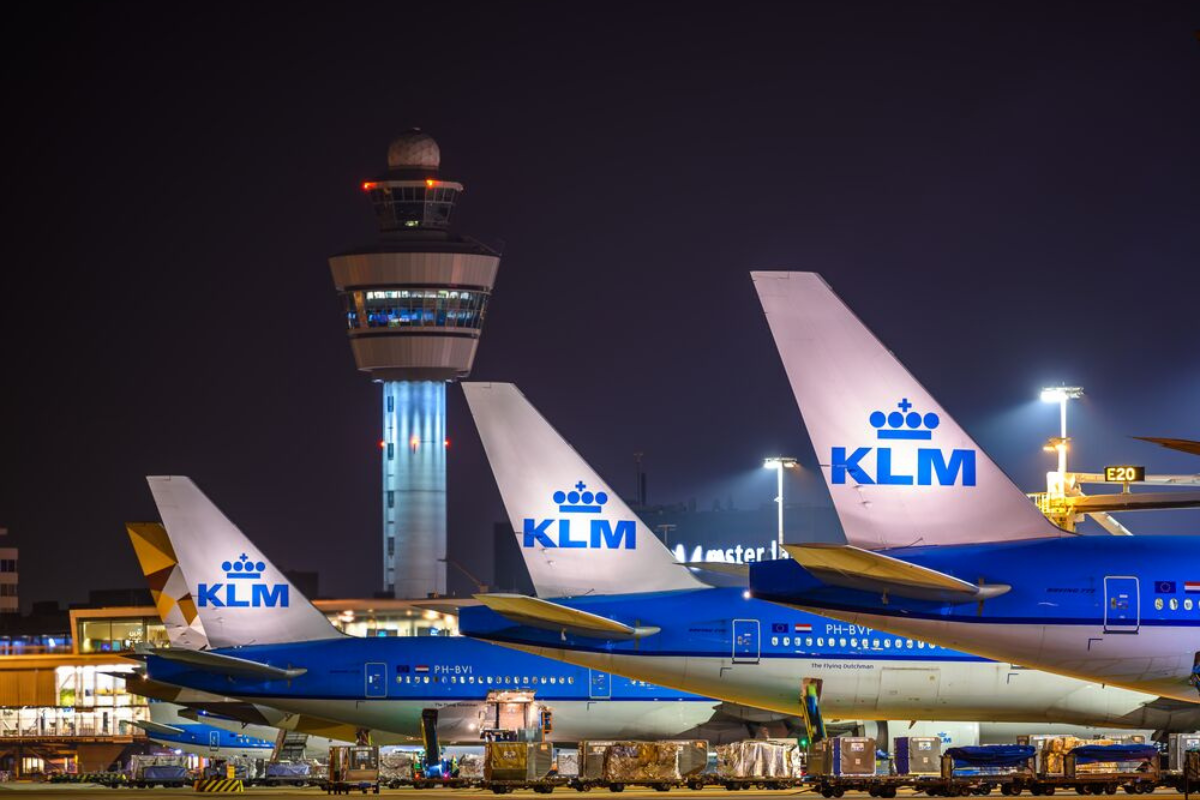Global Gas and Refining Limited has criticized the Sale and Purchase Agreement between the Renaissance consortium and Shell Petroleum Development Company, calling it intolerable.
The Chairman of Global Gas, Mr. Kenneth Yellowe, made this disclosure in a statement in Abuja, adding that the move was an affront to the Nigerian judiciary as well as a total disregard for the rule of law.
It was earlier reported that the company had resisted the $2.4 billion deal during the negotiations for the sale of the oil assets, revealing that it proceeded with the purchase despite ongoing legal actions against the oil multinational.
It stated that despite pledging to hold action during the pendency of the case, the oil giant received ministerial approval for the divestment of Shell Petroleum Development Company, describing the outcome as undesirable.
Yellowe contended that though an indigenous company’s purchase of significant assets should often be a cause for celebration and patriotism, brazenly violating a court order was not.
Shell’s proposal to sell its onshore oil assets to the Renaissance group of five businesses was first turned down by the federal government, which cited a number of related court issues. However, months later, the federal government changed its mind and approved the deal.
Yellowe said the facility was specifically built for supplies from the Cawthorne Channel Oil and Gas fields of OML 18, costing approximately $0.5 billion.
According to Global Gas and Refining, Shell began providing rich gas to the facility in 2005. However, over time, the supplies decreased and grew irregular, which caused Global Gas to shut down its activities.
In the statement Thursday, the company stated, “Global Gas is unpleasantly surprised by the Shell announcement on March 13, 2025 regarding the completion of the sale of SPDC to Renaissance Africa Energy Holdings.
“This brazen act is not only condemnable and unacceptable but also a flagrant affront to the Nigerian judiciary, demonstrating Shell’s well-known blatant disregard for the rule of law and the integrity of the country’s legal system.
“This announcement is in clear violation of an order of the Federal High Court of Nigeria in Suit No: FH/ABJ/CS/413/2024, between Global Gas & Refining Limited (GGRL) vs the Shell Petroleum Development Company Limited and the Nigerian Upstream Petroleum Regulatory Commission (NUPRC), which the parties are aware of.
“Global Gas is unable to comprehend how the NUPRC has completed and approved this process, notwithstanding an affidavit of undertaking as to injunction in respective (sic) of the applicant/applicant’s motion on notice dated and Filed 2/9/2024, filed with the CCE’s full knowledge and consent, which clearly states:
“That the 2nd Respondent hereby undertakes not to take any step, make any decision, or take any action that may likely interfere with or affect the subject matter of the suit, pending the hearing and determination of this Suit.
“That the 2nd Respondent has the utmost respect for this Honourable Court and the judicial process and undertakes not to do anything to undermine the subject matter of the suit pending the hearing and determination of the same by this Honourable Court.
“That the 2nd Respondent knows as a fact that when there is a Motion for injunction, it is obligated in deference to the Court, not to take any steps until the application is heard and determined by the Court one way or the other.
“This defiance not only undermines the rule of law but also sets a dangerous precedent for corporate governance in Nigeria. Global Gas notes that the announcements so far made have been by Shell Global and other private entities, and not by NUPRC,” the statement added.
As the body charged with overseeing the entire Nigerian upstream, Global Gas declared that the NUPRC should be aware that concluding the divestment process would allow it to act with complete impunity and disregard for the law, thereby undermining the Federal Republic of Nigeria’s judicial system.
The company stated that it remains deeply concerned about the image of Nigeria, and the erosion of investor trust in the judicial and regulatory processes in Nigeria.










